FREQUENTLY ASKED QUESTIONS
FAQ’S ABOUT SCHOLARSHIP QUALIFICATIONS
Q: Who qualifies for a scholarship?
A: Christian leaders, nominated by their pastors or church ministers, who have been doing significant volunteer service in an inner-city church for at least one year. They must be recommended by their pastors or church ministers. They must be high school graduates. They must have financial need. They must be United States citizens or Permanent Residents. They must be highly motivated to attend community college and willing to make the sacrifices necessary to graduate.
Q: I’d like to nominate a student, but I’m not a pastor what do I do?
A: if you are a member of the ministerial staff of church, and know the candidate well, you can fill out an application. Just be sure that your pastor knows that you are completing the application.
Q: I am a student and would like to apply for a scholarship. What do I need to do?
A: You should contact your pastor, or a church minister who knows you well, and asked them to complete an application for you.
Q: What is considered an acceptable volunteer service?
A: Our students are expected to be involved in a ministry that is outside of their weekly Sunday worship time (includes Saturday worship). Examples of ministry: religious education classes, training/practicing for choir outside of Sunday worship, service to the poor. Please feel free to ask if your ministry qualifies.
Q: Does being a leader in my church mean I have to be in front of people, leading groups?
A: No. Being a leader also includes ministry that would be considered “behind the scenes.” For example: Helping ensure the sound system works well during worship.
Q: I graduated high school with a low grade point average. Will this disqualify me from being accepted into the program?
A: Not necessarily. Having a strong motivation to work and do well in school is considered, along with your grades.
Q: I graduated from high school many years ago. I meet all of your qualifications. Would I be eligible for an Ascending Lights scholarship?
A: Yes
Q: Do you accept married students? Students with children?
A: Yes to both. Family always comes first, so make sure you are ready to add the responsibilities of being a student.
Q: A relative who received a scholarship from you 10 years ago suggested I apply. Can I receive a scholarship?
A: Unfortunately, no. We provide one scholarship per family (including cousins). We expect our students to be able to help other family members navigate the community college system.
FAQ’S ABOUT THE SCHOLARSHIP PROGRAM
Q: I am an international student here on an educational visa. Would I qualify for an Ascending Lights scholarship?
A: Sorry, but no. Qualified candidates must be United States citizens or Permanent Residents.
Q: What is the commitment like for a student?
A: Each student meets weekly with a mentor, and comes prepared to discuss their academic performance in detail. Students are expected to maintain a minimum 2.0 GPA. Students also must volunteer a minimum of four hours per month in a ministry at their church. Weekly meetings also include a review of life skills and spiritual growth activity.
Q: What is the single most important factor that leads to a student’s success in Ascending Lights?
A: A successful student should be humble, and willing to make whatever sacrifices are necessary to get the best grades possible in every community college class.
Q: Can I attend a community college outside of LA County?
A: Unfortunately, we are unable to consider students attending community college outside of LA County. This is due to having a mentor in close proximity to our students.
Q: Do I get to choose my mentor?
A: No. Mentors are assigned by us to our students.
Q: Do you help students who are already attending community college?
A: Yes. The only condition is that the students have at least 2 more years of community college left to attend.
Q: Can I work while I’m a part of ALLN?
A: Yes. Most of our students work at least part-time.
Q: Somebody told me that community colleges are inferior to universities. Is this true?
A: Actually, statistics across the country show that students who attend community college, then transfer, have a much greater likelihood of graduating from a university than those who enter the university as freshmen. In addition, community colleges are much less expensive for the same courses that would be taken at the university and have much smaller class sizes. Many community college instructors are also professors at universities as well.
Q: What geographic areas do you serve?
A: We serve students who are attending community colleges in the central part of Los Angeles County. The colleges most distant from our offices include Santa Monica College, Cerritos College, Pierce College, El Camino College, and Mount San Antonio College.

